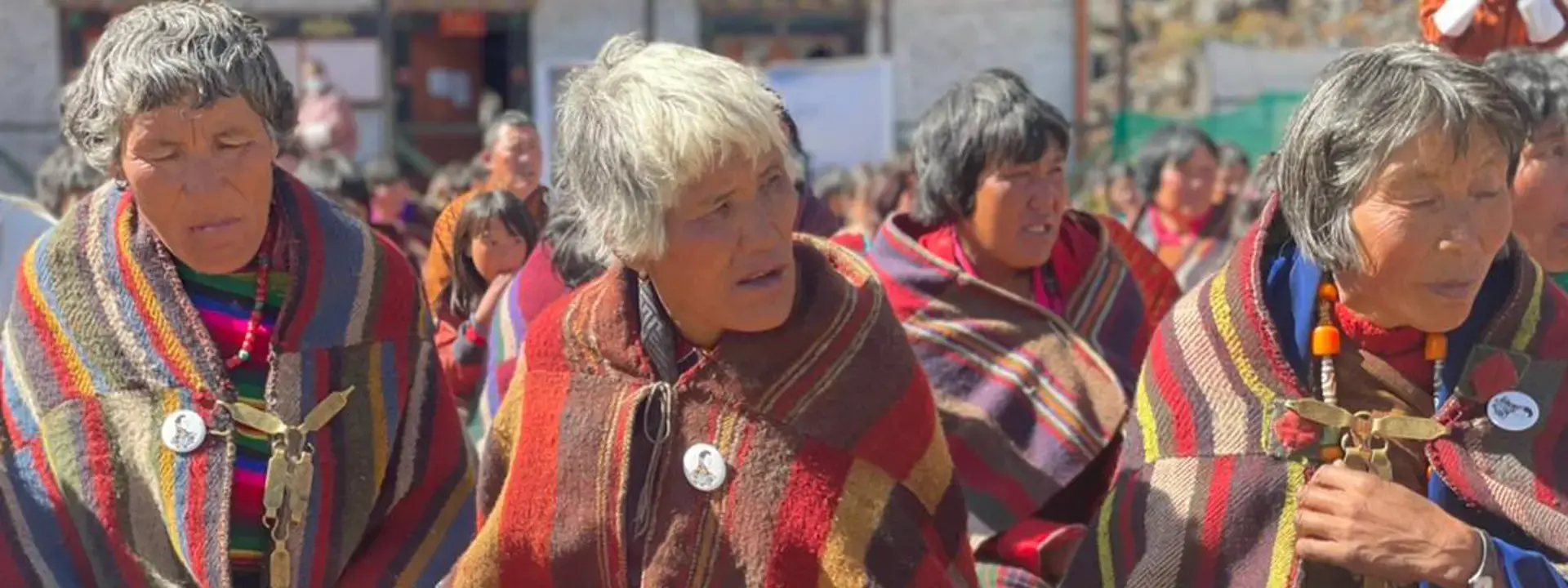UNFPA remains a strong partner in population data, particularly with regard to population and housing census and in strengthening the population data systems and evidence that take into account population changes and other megatrends (including ageing and climate change), in development policies and programmes, especially those related to sexual and reproductive health and reproductive rights. With the world population exceeding 8 billion, responding to demographic shifts and diversity is imperative to achieve sustainable development for all.
Bhutan has a total estimated population of 763,249 (female 365,518 and male 397,731) in 2022 (population projections). More than 41% of the population are young people under the age of 24 years, of which more than 42% are adolescents between the ages of 10-19 years. The disability prevalence is estimated at 2.1% of the population. Bhutan is one of the least populated countries in the region where fertility rate has fallen below replacement level of 1.8. Due to declining fertility rates and increasing life expectancy, the number of people in the age group of 65 years and above is expected to rise from 6% in 2022 to 17.3% by 2050, and the old-age dependency ratio will increase from 11.2% to 26.2% in 2050.
Harnessing demographic dividend and healthy ageing
UNFPA is strategically collaborating with the Government, non-governmental organizations, and other United Nations organizations through technical support, capacity-building and advocacy to:
- Strengthen institutional capacities to design, implement and monitor policies and programmes to foster the incorporation of population dynamics and demographic challenges including ageing, declining fertility, and out-migration of youth in development policies and plans.
- Support the development of cost-effective modern data systems in close partnership with the government, building data generation and analysis capacity, improving quality and use of disaggregated data for improving the effectiveness of development policies and programmes, and reaching the furthest left behind groups.
- Strengthening national capacities to generate, collect, analyse, disseminate and use disaggregated population and other data to develop inclusive evidence and rights-based transformative policies, plans and programmes that are responsive to population dynamics and megatrends;
- Strengthening capacity to collect, analyze and use data on “violence against women” and harmful practices to guide effective policy and programme design and implementation


